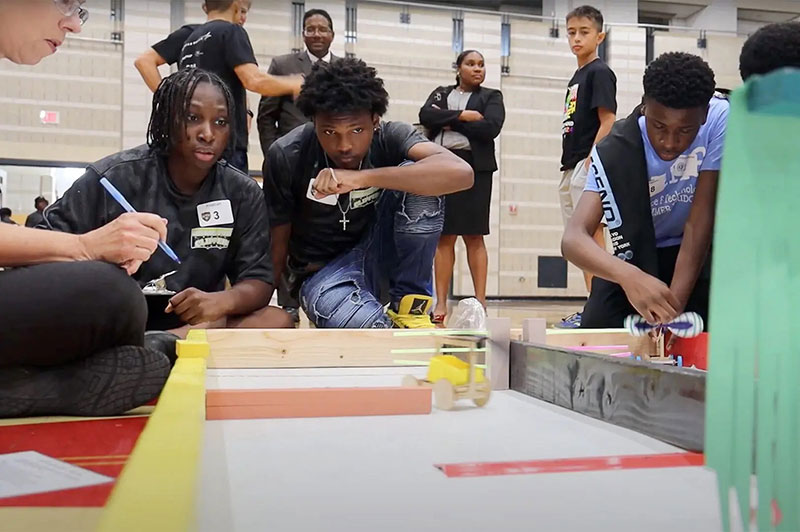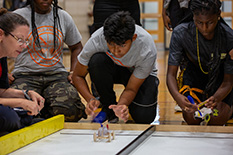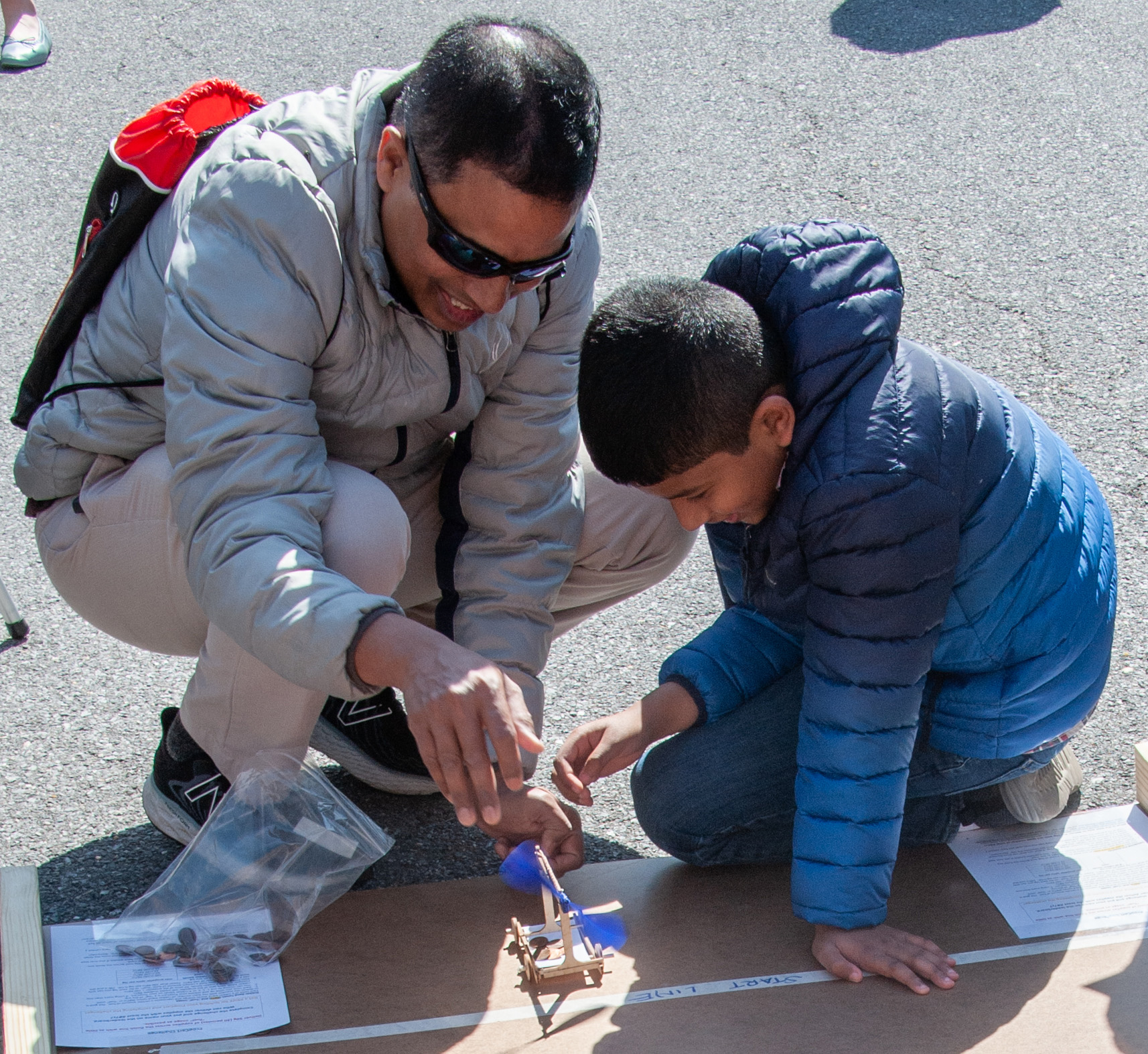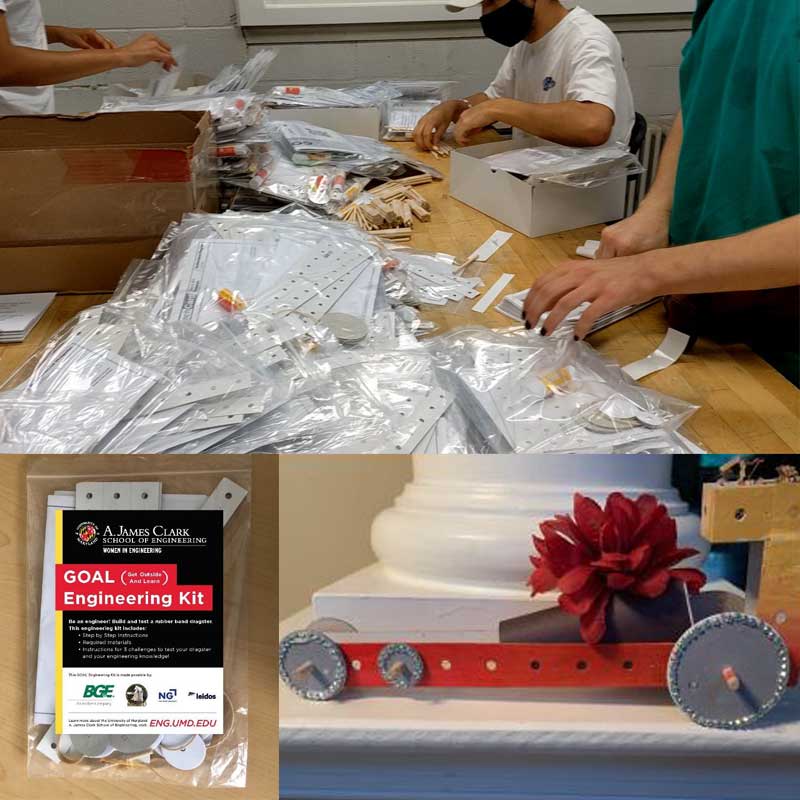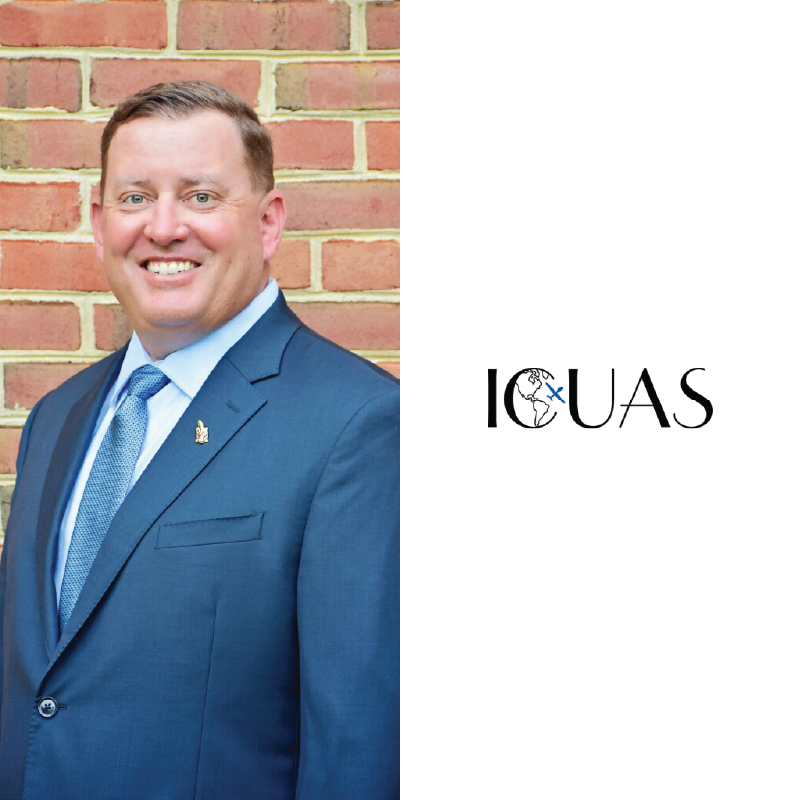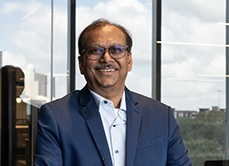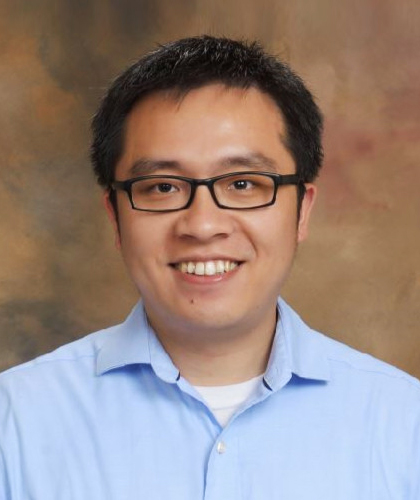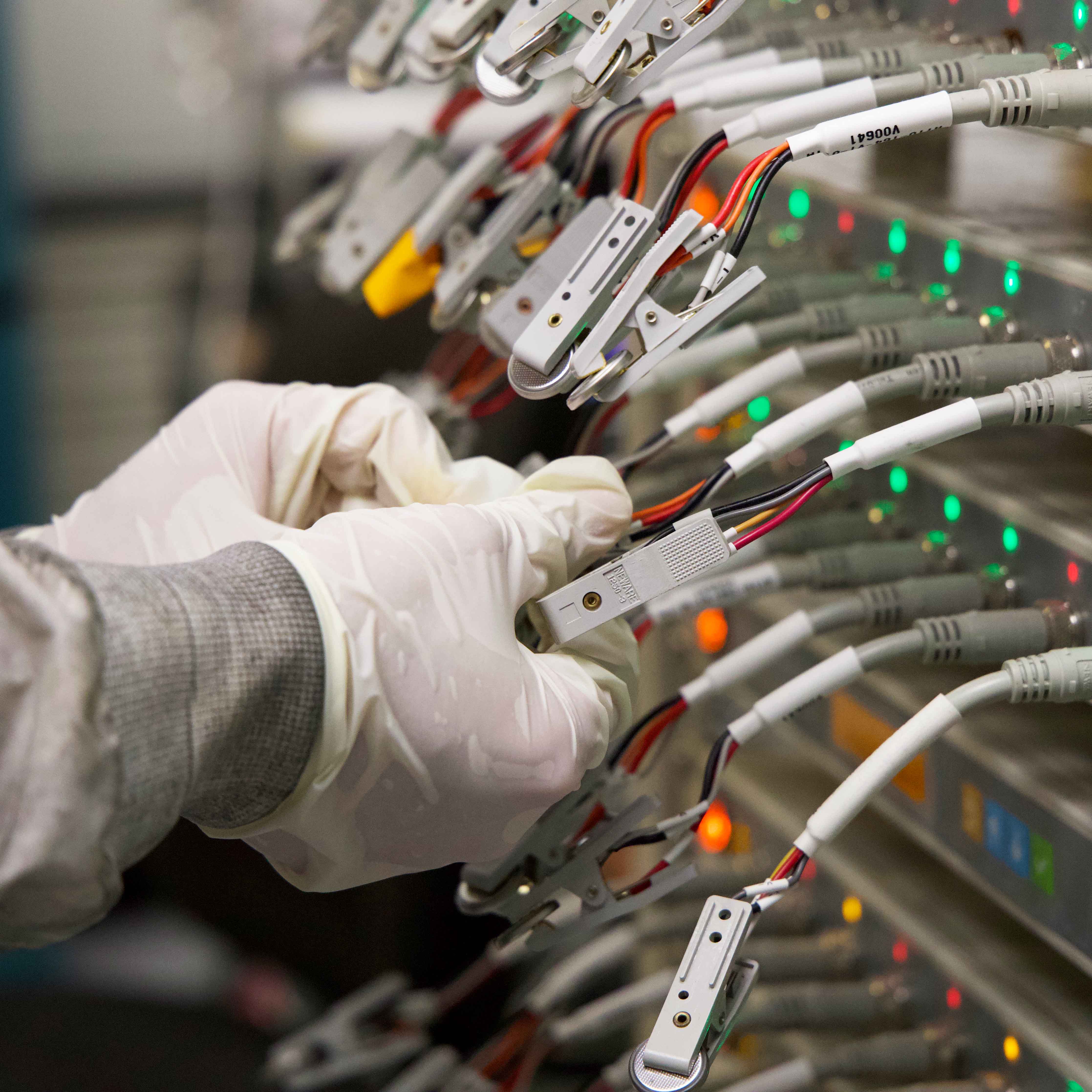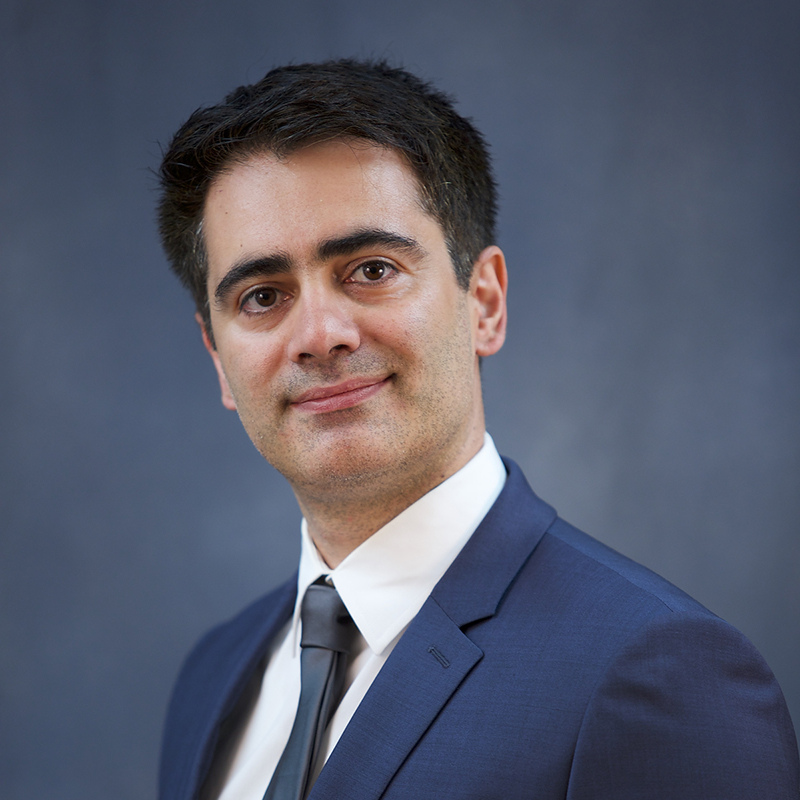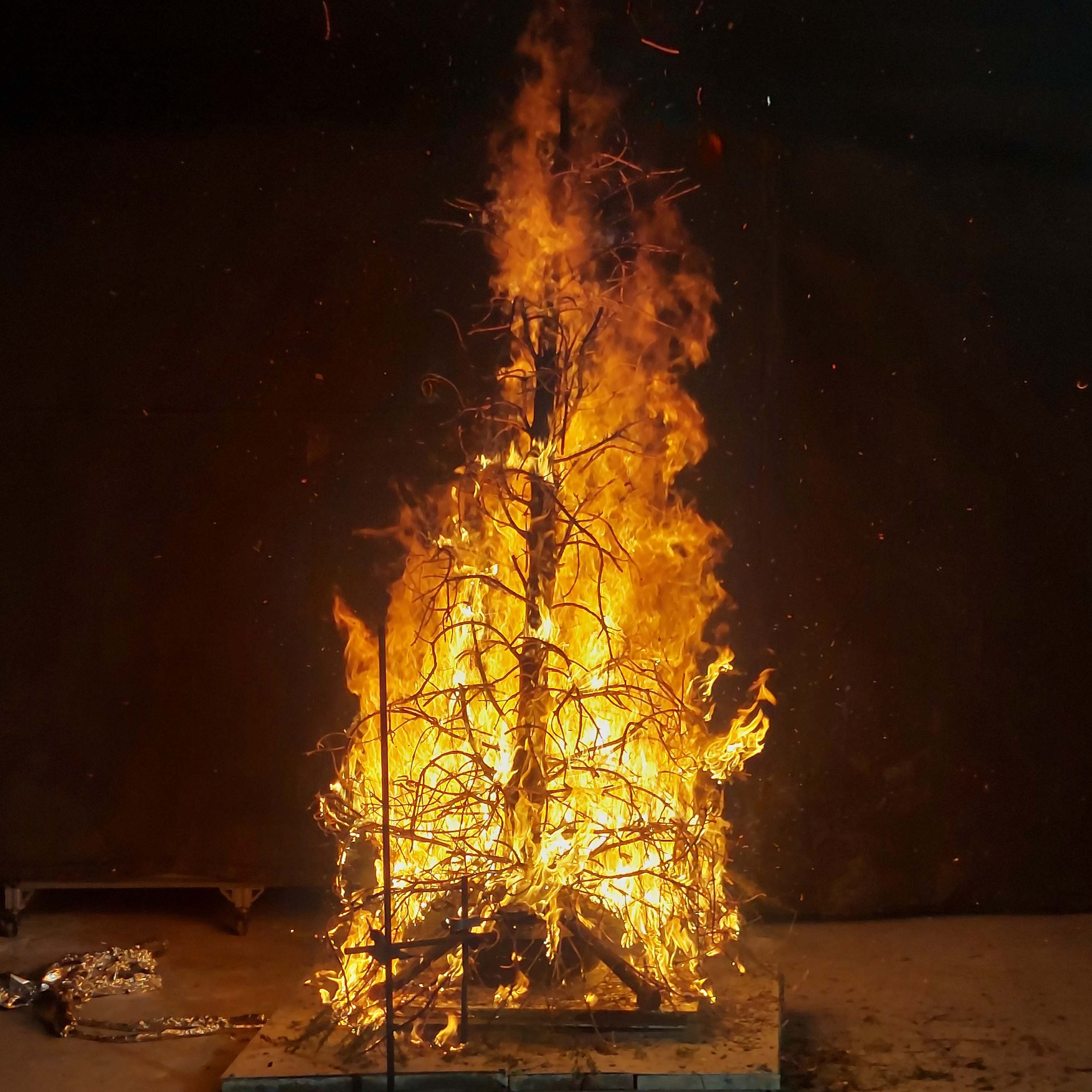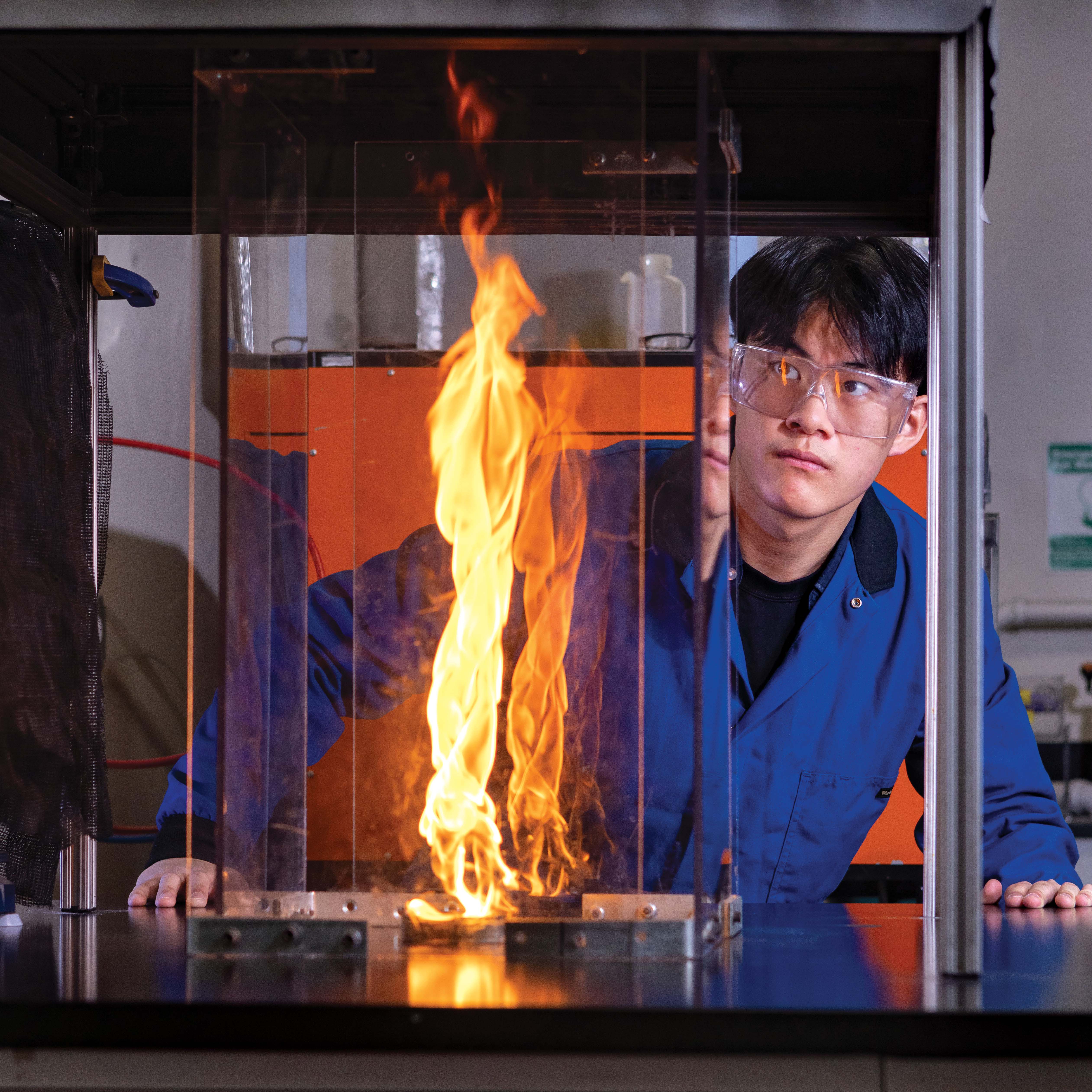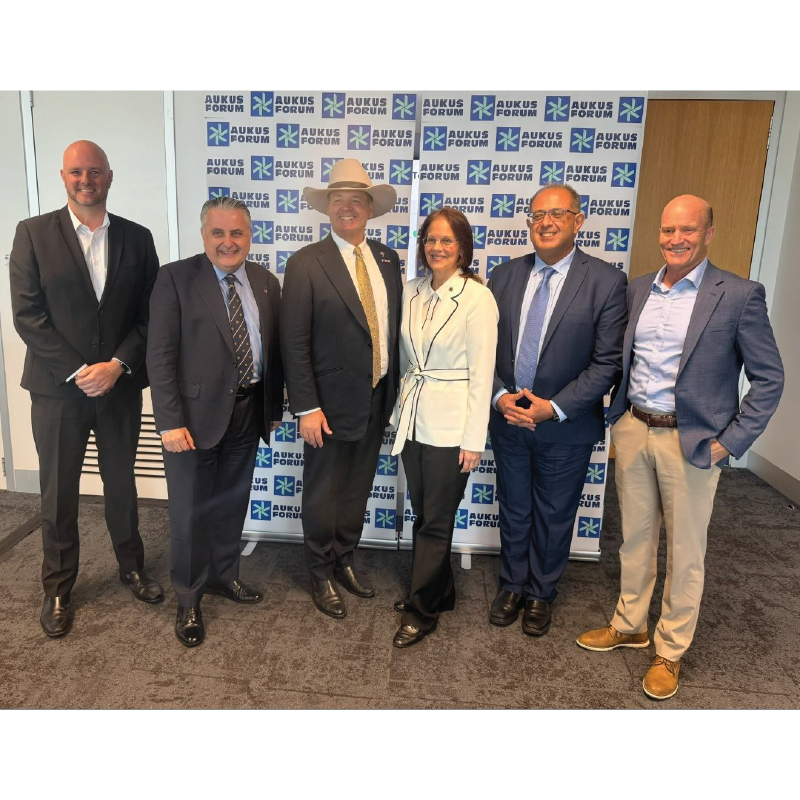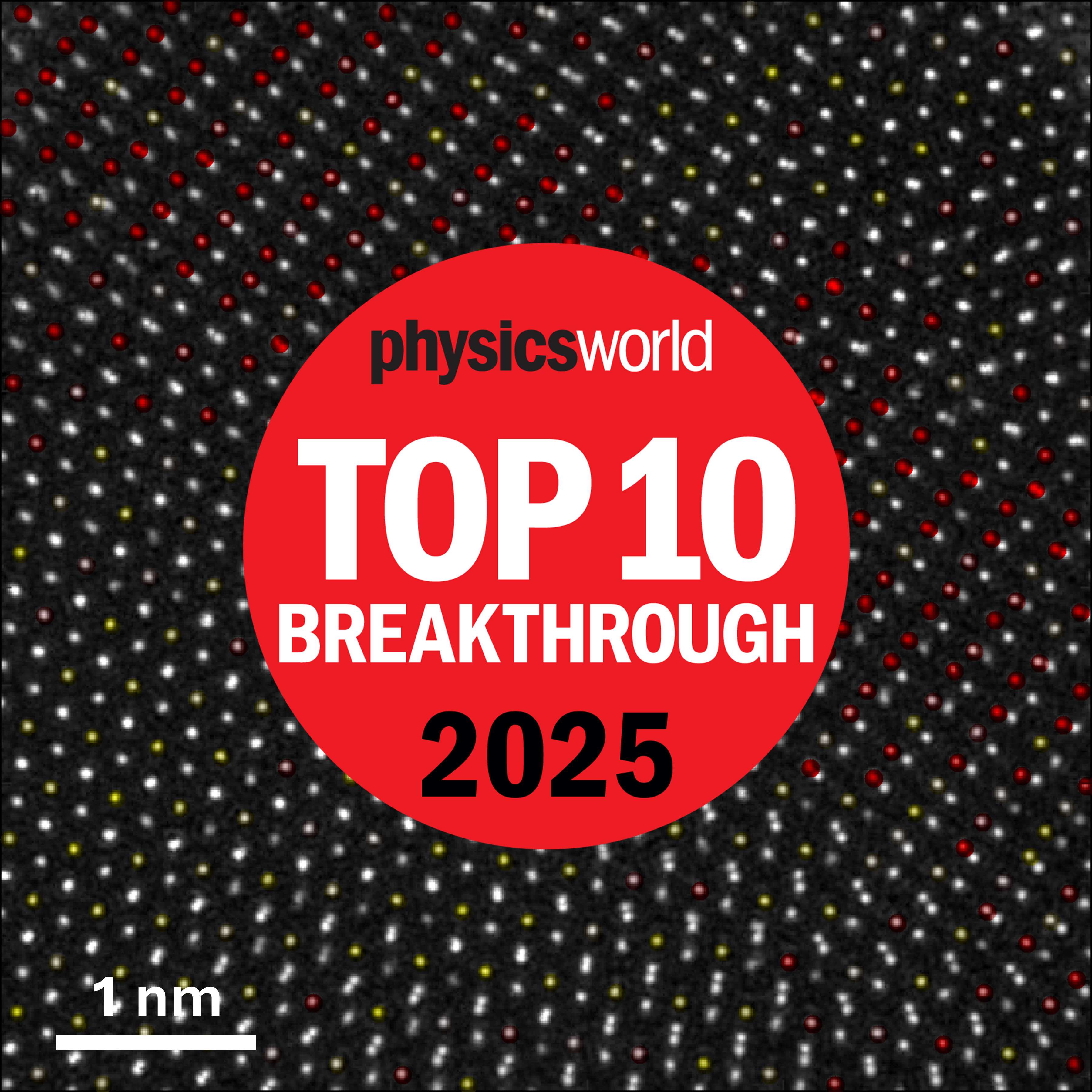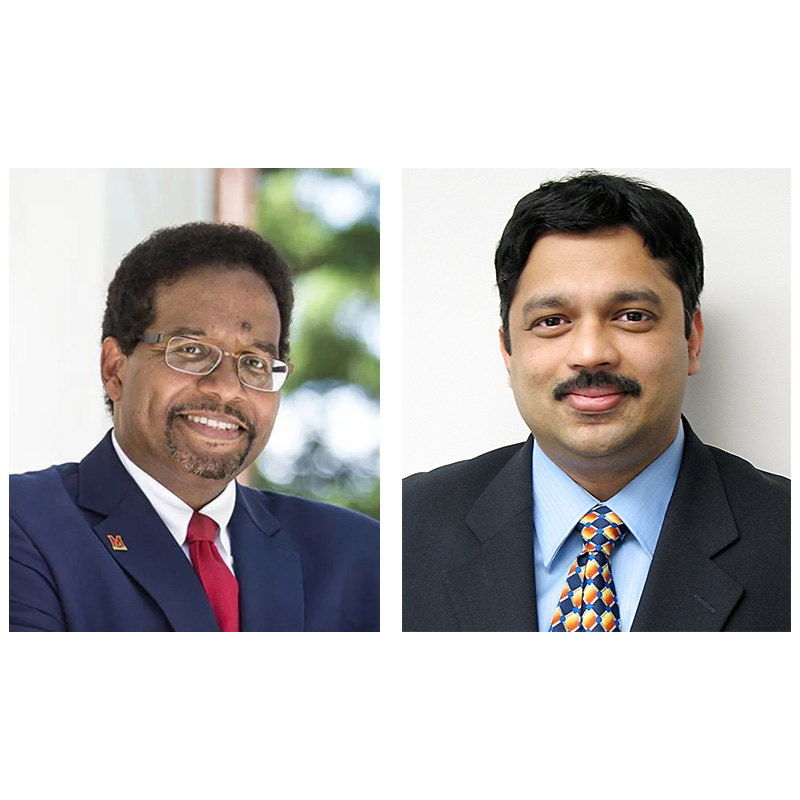Inspiring Young Engineers, Serving Our Community
August 8, 2025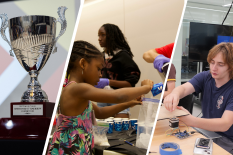
What did you do last summer?
For Maryland youth, the A. James Clark School of Engineering provides an exciting answer to the perennial question. From on-campus, to far off-campus, and for participants in elementary through high school: the Clark School offers a variety of pre-college summer programs open to all K-12 Marylanders, designed to introduce them to STEM and engineering concepts and career pathways—while also exercising teamwork, critical thinking, and problem-solving skills.
While not every camp participant decides to become an engineer, the lessons and skills learned are highly applicable to a wide array of career and life journeys. Check out a few examples that give K-12 Marylanders the building blocks to help them turn their ideas into innovations and solutions—for whatever comes next.
Autonomous Action
With financial support from SoMD 2030 workforce development, the Clark School hosts two free STEM summer campsStudents from Calvert, Charles, and St. Mary’s Counties who have an interest in STEM are invited to spend two or three weeks collaborating with their peers as they develop diverse skills, from the engineering design process to coding and robotics, to solve problems and spur innovation. at the University System of Maryland at Southern Maryland (USMSM) for local high schoolers.
The camps began in Summer 2022, after the 2021 opening of the Maryland Autonomous Technologies Research Innovation and eXploration (MATRIX) Lab, UMD’s hub for autonomous technologies and uncrewed systems research in southern Maryland. The high-tech research and education facility serves industry, government, academia, and most importantly, the people of southern Maryland. “Part of the mission of the MATRIX Lab is to allow students to use the equipment and spaces to get them excited about engineering,” said Lauren Bacon, MATRIX communications coordinator. “We had a record number of student applicants for the camps this year and the largest-ever number of interns, with 10 college students participating.” 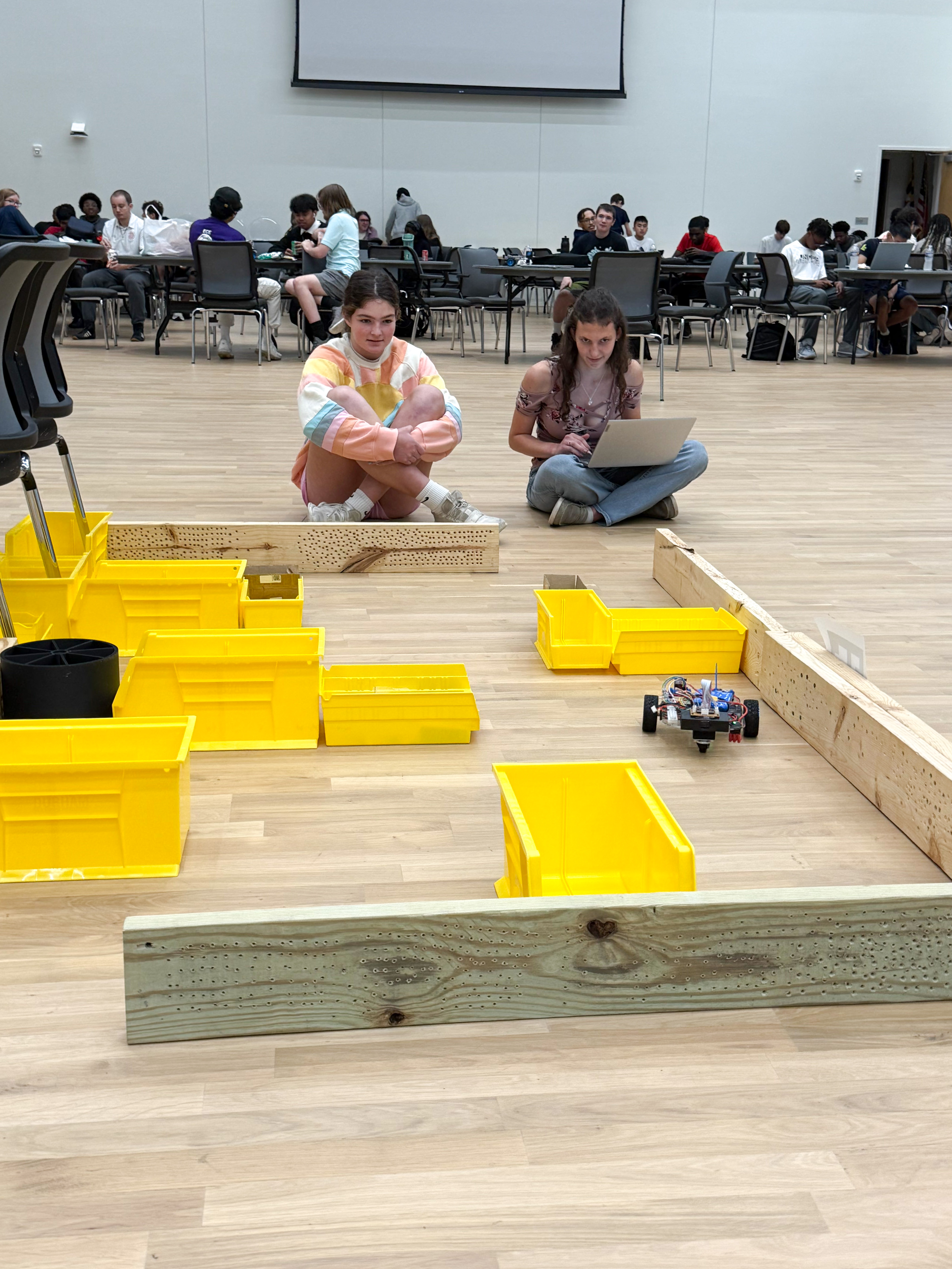
Housed at the MATRIX Lab and started by Danilo Romero, a senior lecturer in the Clark School’s Department of Electrical and Computer Engineering, the camps program also includes involvement from the Department of Mechanical Engineering. Interns from UMD, USMSM, and the College of Southern Maryland design lesson plans and teach camp participants skills and concepts related to software programming, embedded programming, machine learning, and 3D modeling. Natalie Leveque ’24, who graduated from UMD with a bachelor’s degree in computer science and works with Romero on drone research, has interned for the summer program since its inception. “By the end of two weeks, the students will be able to build and drive their own rover autonomously,” she said. An end-of-camp showcase allows the students to demonstrate what they learned. “All the rovers race, head-to-head and through an obstacle course, so the students also learn that engineering is really fun.”
Ready, Set, GOAL
It began as an idea to ensure that area middle school students would have access to hands-on STEM learning opportunities while at home during the COVID-19 pandemic. Now the popular Get Out and Learn (GOAL) Engineering Kits program, spearheaded by the Clark School’s WIE Program in collaboration with Department of Mechanical Engineering faculty, is celebrating its fifth year. To date, multiple kit versions have been developed, with GOAL kit challenges occurring on campus and in local school classrooms. This year’s GOAL engineering challenge was a projectile motion challenge called Launch, Land and Learn. Jen Kuntz, WIE assistant director for outreach and recruitment, shares a recent milestone hit by the program that serves students across five local school districts in Maryland: “More than 10,400 kits have been distributed since the program’s inception in 2020.”
In Fall 2021, the GOAL program was integrated by Vince Nguyen, a mechanical engineering senior lecturer, into an undergraduate Entrepreneurial Design Realization (EDR) course. Students lead the design, testing, manufacturing, and implementation of the kits, empowering them to engage in real-world product design and community collaboration. Nicole Uhl ’25 told the Diamondback in 2024 (she was a mechanical engineering major, EDR student, and WIE intern at the time) that she hoped the GOAL program would make a positive long-term impact on its young users. “If any of those kids who ever used the GOAL kit eventually come to [the university] as engineers, I feel like that would be really cool,” she said.
As the GOAL program grows, its core mission remains unchanged: to inspire the next generation of innovators in STEM. During the academic year, EDR students help run the challenge events; over the summer WIE interns, along with faculty, staff, and industry volunteers, assist with the high-spirited competitions. “We’re always looking for ways to engage our local youth with STEM and engineering in a fun, interactive way,” Kuntz said. “The students get exposure to Maryland engineering students, faculty, and staff. They discover various engineering pathways, and can see if engineering fits their passions and interests.”
Littlest Innovators
For the youngest campers, Science & Math Innovators and the Clark School partner in presenting age-appropriate STEM curriculum as part of a fun summer experience with friends. Held on campus, the maSTErMinds camps are half- and full-day adventures for area elementary-age children. The aim: to engage students in deep learning in order that they gain and maintain scientific knowledge. Equally important, the Science & Math Innovators founders—Regina Pope-Ford, Kenisha Ford, and Maquisha Mullins—encourage their young participants to view themselves as innovators and inventors, helping to dispel any myths about what a scientist or engineer might look like. 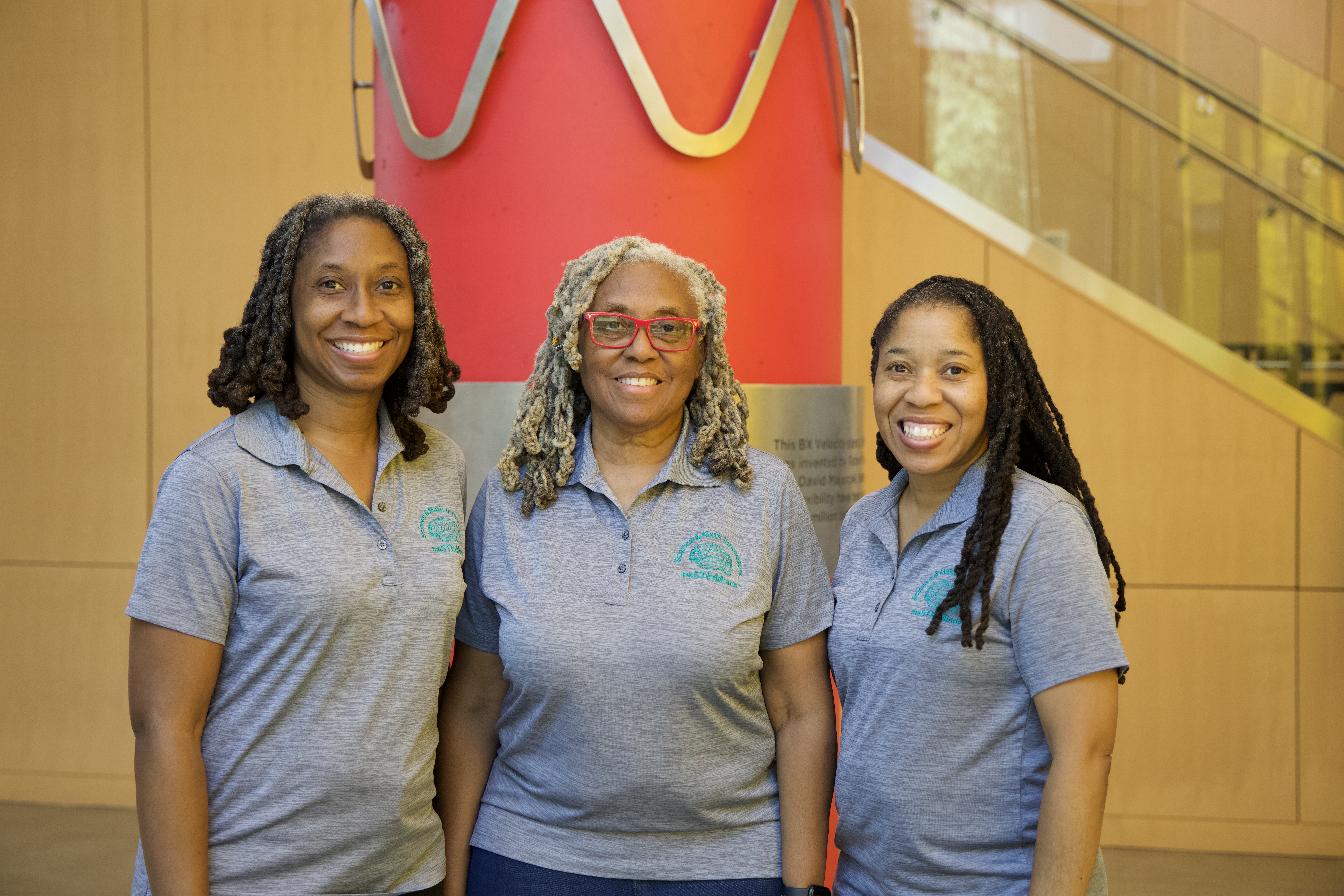
Science & Math Innovators has partnered with the Clark School since 2022. Akua Asa-Awuku, professor and associate dean for community success and workforce development, sees the partnership as providing a much-needed service for a local Prince George’s County community that has few options for summer programs specifically for elementary school-age children. “We’re supporting our community by offering summer programs, but also by increasing our engineering ecosystem,” said Asa-Awuku, whose own elementary-age child has attended one of the programs. “They’re really doing an excellent job of getting young people excited about STEM,” 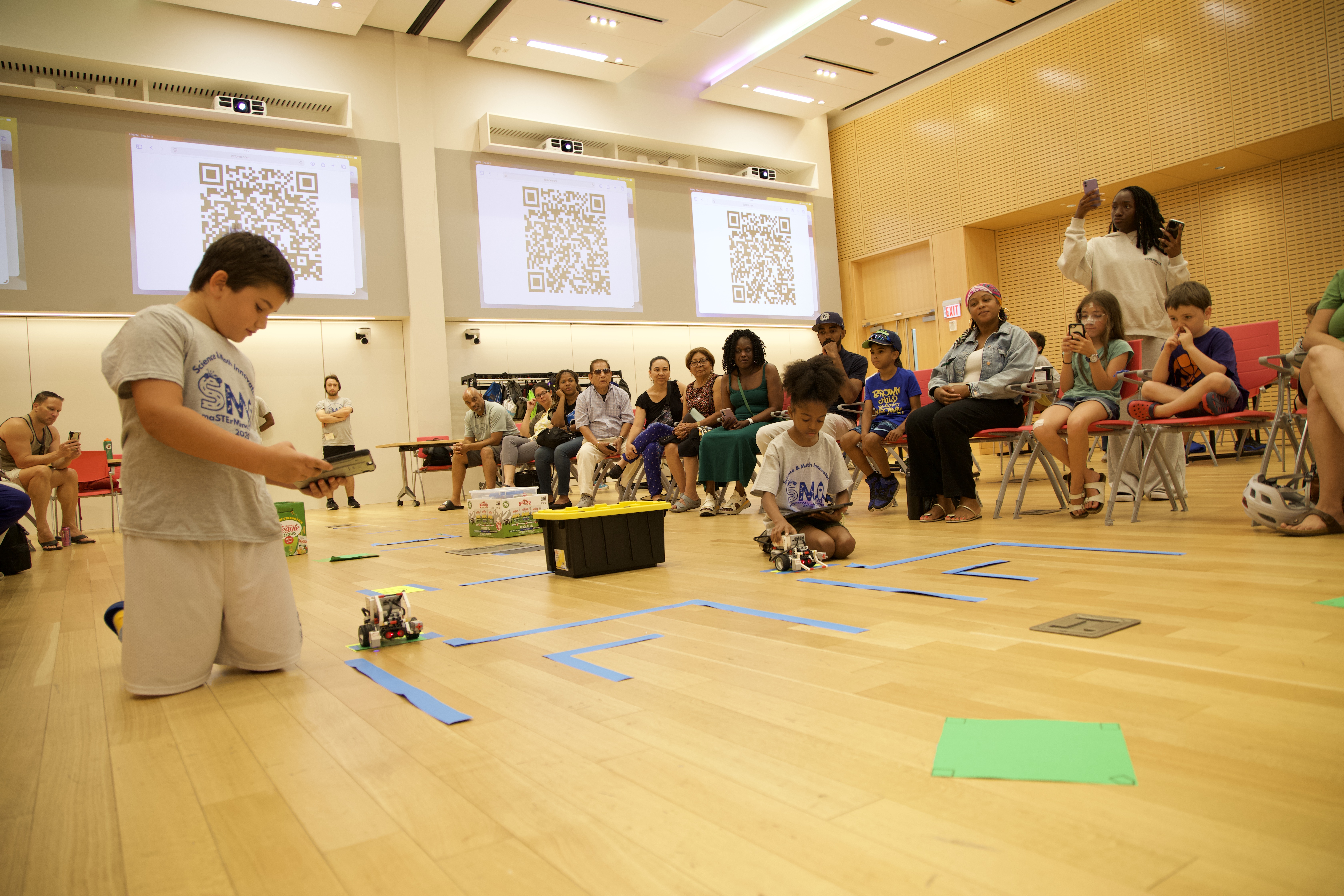
First connecting with Pope-Ford at an engineering education conference, Asa-Awuku was attracted to the idea of introducing affordable kids’ STEM programming to the community. The camp program runs for two weeks, the first week with the younger (grades K-3) children and the second for older (grades 4-9) children.
-
Math Mania camp serves to make math tangible—and fun—for young children.
-
Machine Magic introduces students to the six simple machines.
-
Rocket Science teaches the science and engineering principles behind aeronautical flight and rockets.
-
LEGO Robotics provides the older students with hands-on individual and team experiences that introduce them to the scientific method and standard operating procedures.
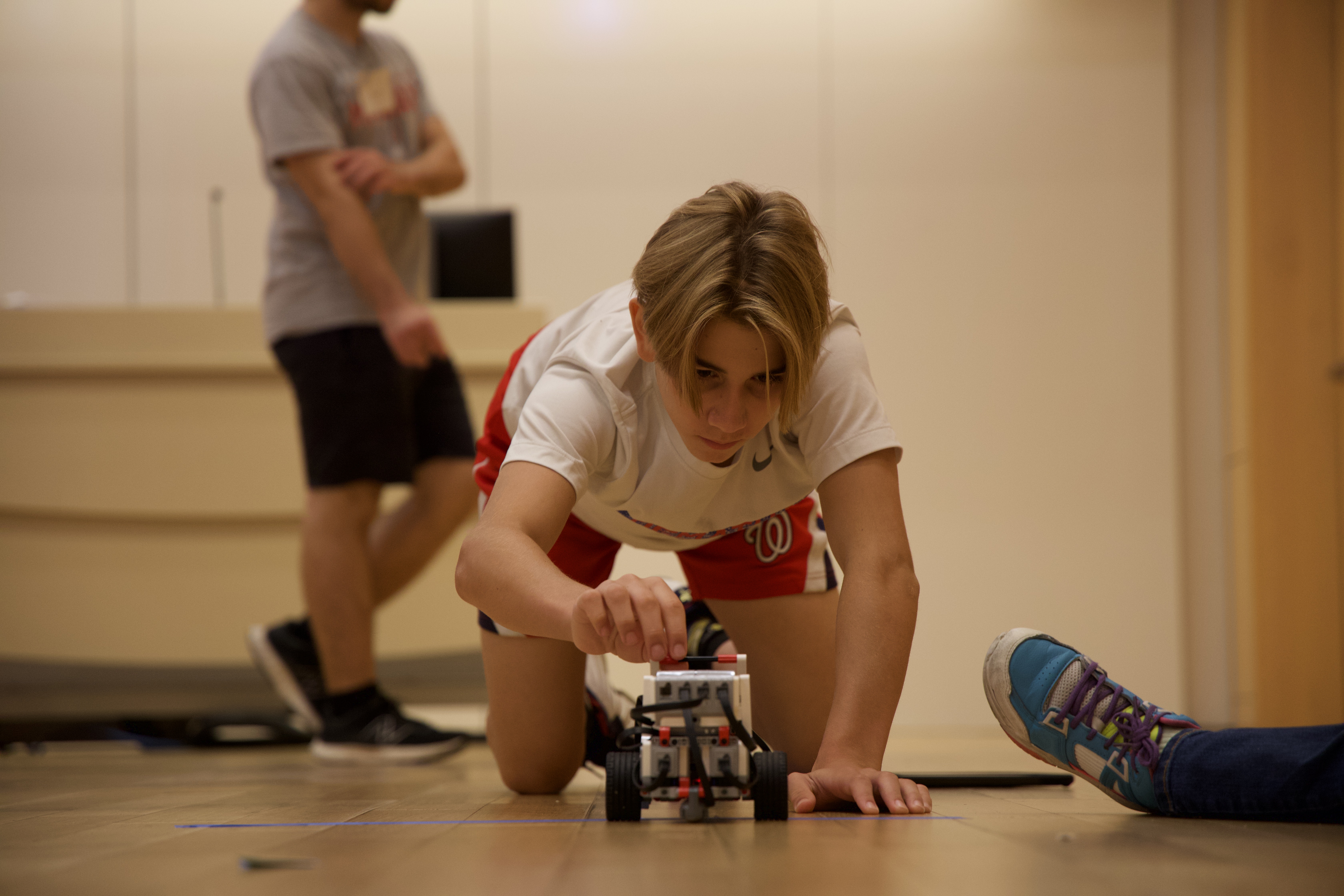
This year, the camps filled to capacity—they are limited by space and the number of iPads they need to supply. Asa-Awuku said it would be great to grow the camps, and to draw children from a wider area as well.
For the young students, being on a college campus—some for the first time—is half the fun. “Some years we go out to the field and watch the rockets, but the students also visit Terrapin Works (Maryland Engineering’s makerspace labs) and the Glenn L. Martin Wind Tunnel,” said Asa-Awuku. “Walking around Maryland’s campus and feeling like they are cool engineers and scientists really makes a difference.”
From UMD to the Upper Midwest
A STEM transportation summer camp for students aged 10-14, featuring fun, hands-on activities developed by UMD faculty in collaboration with partners at White Earth Tribal & Community College in Mahnomen, Minn., was held during the week of June 9. The camp was organized by the Clark School-based Center for MultiModal Mobility in Urban, Rural and Tribal Areas (CMMM), with support from the U.S. Department of Transportation. Led by Professor Ciniza Cirillo, CMMM is a Tier 1 Urban Transportation Center housed at the Department of Civil and Environmental Engineering.

